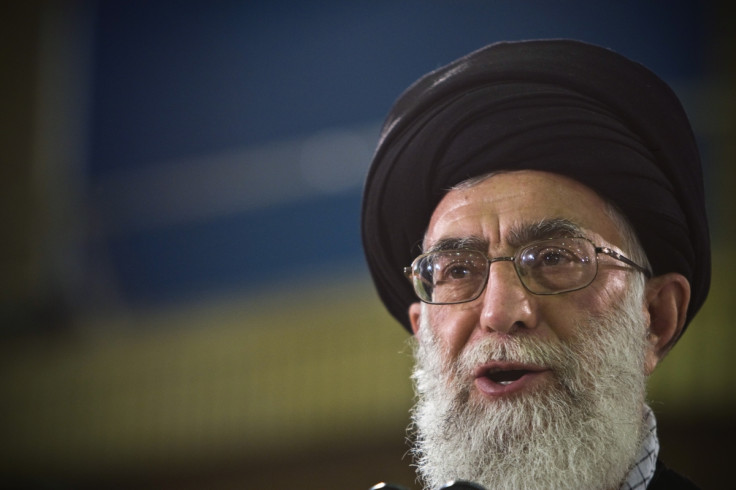Iran Birth Control Ban Moves Closer as Ayatollah Seeks to 'Strengthen National Identity'

Iranian lawmakers are pushing ahead with a ban on vasectomies and other birth control measures in a bid to boost the country's population and economic prospects for the next generation.
Iran's birth rate has dropped to around 1.22% from a 1986 level of 3.22%, according to the CIA World Factbook. The UN has projected that if current trends persist, Iran's median age would increase from 28 in 2013 to 40 in 2030.
In response to the falling birth rate, the country's supreme leader Ayatollah Ali Khamenei issued a 14 point decree that called for Iranians to double the population from around 76 million to 150 million.
He said that reaching such a goal would "strengthen national identity".
Family planning in the Islamic Republic had long been lauded as a model for slowing a rapidly growing population and strengthening the economy. In the late 1980s, with Iran experiencing one of the fastest population growth rates in the world, the government encouraged Iranians to use birth control.
The policy was maintained for two decades, although it changed drastically under former President Mahmoud Ahmadinejad, who described birth control measures as secular and Western. His government passed a law in which the parents of new children would receive money from the state for each new child.
Iran's lawmakers have now moved a step further, approving a bill that would criminalise doctors if they perform vasectomies or tubal ligations, with a maximum punishment of a five-year prison sentence.
The bill would need to be debated further and ratified by a constitutional oversight body before it could become law.
© Copyright IBTimes 2025. All rights reserved.






















